Sunflowers in Compost Poisonous
guerillagardener
14 years ago
Related Stories
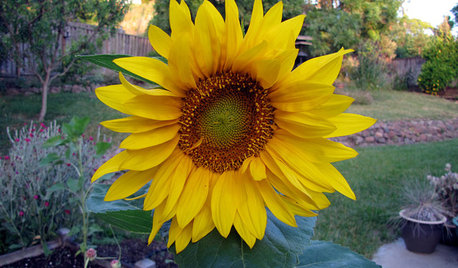
MOST POPULARSummer Crops: How to Grow Sunflowers
Savor snack-tastic sunflower seeds once the radiant blooms have faded — if the birds have saved you any, that is
Full Story
GARDENING GUIDESHouzz TV: Make a Worm Bin for Rich Soil and Happy Plants
A worm-powered compost bin that can fit under a sink turns food scraps into a powerful amendment for your garden. Here’s how to make one
Full Story
COOL-SEASON CROPSCool-Season Vegetables: How to Grow Potatoes
This ever-popular tuber is a stalwart in spring and fall gardens and a staple in kitchens everywhere
Full Story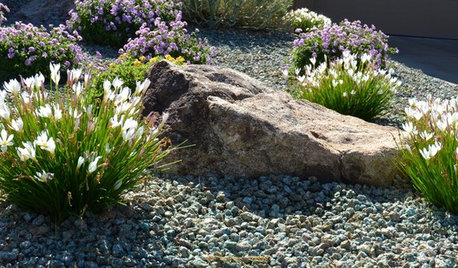
GARDENING GUIDESGreat Design Plant: Showers Bring Zephyranthes Flowers
Plant zephyrlily bulbs now for lovely blooms amid grassy foliage in summer and fall
Full Story
EARTH DAYThe Case for Losing the Traditional Lawn
Work less, help the environment and foster connections by just saying no to typical turf
Full Story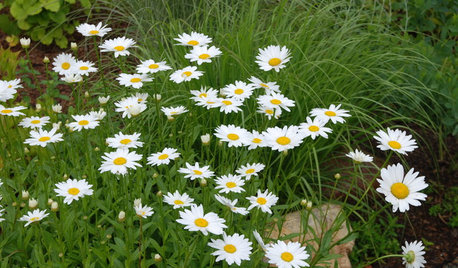
FLOWERSBest Cutting-Garden Beauties for Late Summer
Pick blooms bursting with color or in classic white for bouquets to give away or keep all to yourself
Full Story
FALL GARDENING5 Ways to Put Fall Leaves to Work in Your Garden
Improve your soil and yard the organic way with a valuable garden booster that grows on trees
Full Story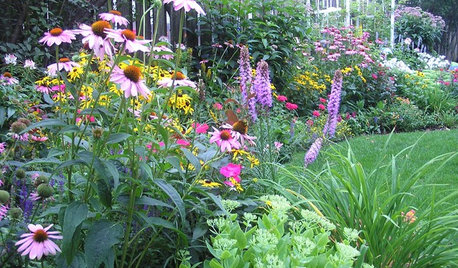
LANDSCAPE DESIGNTry Slow Gardening for Some Unexpected Benefits
Why set your garden on the fast track? Here's how to relax and enjoy it in an entirely new way
Full Story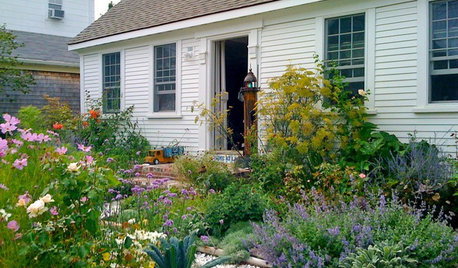
GARDENING GUIDESVegetables and Flowers Mix in Beautiful Edible Gardens
Ornamentals, meet your edible garden mates. We know you'll get along just beautifully
Full Story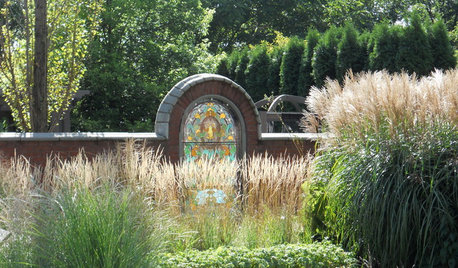
GARDENING GUIDESNortheast Gardener's September Checklist
Pluck those tomatoes, enjoy ever-changing grasses and get an eyeful of exuberant zinnias
Full StorySponsored
Columbus Design-Build, Kitchen & Bath Remodeling, Historic Renovations
More Discussions







tapla (mid-Michigan, USDA z5b-6a)
Dan _Staley (5b Sunset 2B AHS 7)
Related Professionals
Hartford Landscape Contractors · Edmond Landscape Contractors · Fair Oaks Landscape Contractors · Glendale Heights Landscape Contractors · Lynwood Landscape Contractors · Old Saybrook Landscape Contractors · Palos Verdes Estates Landscape Contractors · Plantation Landscape Contractors · West Chester Landscape Contractors · West Chicago Landscape Contractors · Arlington Heights Decks, Patios & Outdoor Enclosures · Dracut Decks, Patios & Outdoor Enclosures · Jeffersonville Decks, Patios & Outdoor Enclosures · Lake Morton-Berrydale Decks, Patios & Outdoor Enclosures · Troy Decks, Patios & Outdoor Enclosuresgardengal48 (PNW Z8/9)
ericwi
Dan _Staley (5b Sunset 2B AHS 7)
joepyeweed
gardengal48 (PNW Z8/9)
Dan _Staley (5b Sunset 2B AHS 7)
Kimmsr
guerillagardenerOriginal Author
valerie_ru